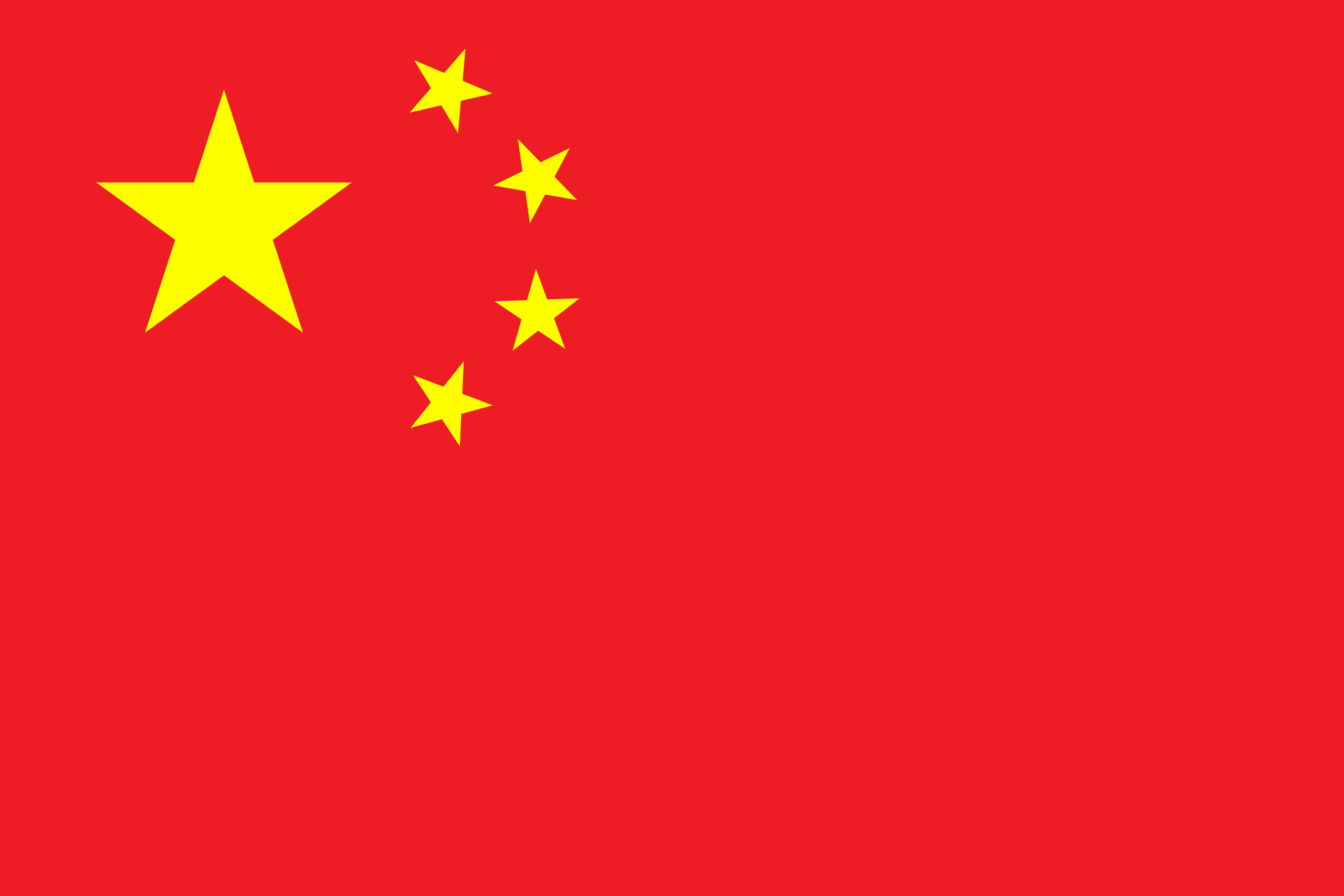Moral Indifference of Machiavelli
06 May 2020
Moral Indifference of Machiavelli
Scholarship Description:
Moral Indifference of Machiavelli is open for . The scholarship allows level program(s) in the field of taught at . The deadline of the scholarship is .
Machiavelli
“Machiavelli had been represented as an utter cynic, an impassioned patriot, an ardent nationalist, a political Jesuit, a convinced democrat and an unscrupulous seeker after the favor of depots.” (Sabine)
“In Machiavelli we find the frankest and the most brutal analysis of the selfishness, audacity, cunning, deception, treachery, malevolence, cynicism, hatred and lust that were necessary for a prince.” (H. Thomas)
Machiavelli, the hated beloved prophet of secularism, had one of the enigmas of modern history, whom Allama Iqbal has characterized as the “Sharp Agent of Devil” was born in Florence in 1469. Little is known about his early education. However he was known as a well-read fellow in Italian and Latin classics. The Florence was ruled by the Medici family in 1494, the Medicis were expelled from the city and Florence became a republic. In the same year, Machiavelli first joined public life as a chancery clerk. In 1498, Machiavelli became second chancellor and secretary of the Council of Ten, a body which had responsibility for war and interior affairs. He held that post for fourteen years.
He was strong, vigorous and intelligent man. On many occasions, his services were required as diplomatic observer in royal courts abroad. He was very much impressed by Cesare Borgia in Romagna. Cesare Borgia became the model for “The Prince”, Machiavelli’s best known work. In 1506, Machiavelli persuaded the counsel to adopt his plan for formation of a citizen army. But he failed in his plans because Medicis re-established their control over Florence. The Medici exiled him and forbid his presence in Florence. Soon afterward Machiavelli having been wrongly accused of implication in the Boscoli conspiracy against the Medici was imprisoned and tortured. He eventually freed and permitted to return to his family.
Machiavelli, as a true Florentine was naturally shocked to see the political upheaval and social decay in his beloved country and he determined to save her from all intrigues, disorders and petty wars. He denounced all the church doctrines and held the Popes responsible for the plight state of affairs. He tirelessly struggled for the attainment of glory and magnificence of Rome by consolidating all scattered forces. He enunciated the philosophy of art of Governments for effective discipline and stability in the state. He advocated strongly for using the harsher methods and oppressive means for the stability of the state. He firmly believed that “fear is the domineering weapon for a Prince for complete obedience and is mightier than love.”
Moral Indifference of Machiavelli
The reasons of Machiavelli’s moral indifference are following:
1.Machiavelli does not believe in any ethical dogmas or in any divine law because of intentional segregation of politics from religion.
2.In Machiavelli’s philosophy, moral judgments are wholly subordinate to the existence of political and temporal existence and welfare.
3. Machiavelli calculated that the institution of Papacy brought decline and destruction to the glory of Rome. He wanted to practice pagan virtues of cunningness, duplicity and knavery for achieving successful goals.
4.He did not at all deny the excellence of moral virtues, but he refused to accept them essential to the political stability. He pleads that the religion must be skillfully exploited as a useful weapon for achieving the annexing designs by the sovereign.
5.Machiavelli stands courageously for the preservation of his state. He says that there must be no consideration of what is just or unjust, merciful or cruel, glorious or shameful; on the contrary, everything must be disregarded.
6.He imparts priority to the state and puts it above morality and religion, because it is the highest form of social organization and the most essential of all institutions for the protection and promotion of human welfare.
7.Machiavelli’s advocacy of unreligious and his indifference to morality have become so much disrupted that even his name has become a by-word for fraud, force and dishonesty. He wrote primarily for the exaltation of the state.
In modern world, some of the States Heads acted as “Prince of Machiavelli” by freezing all channels of human progress and liberty and also by reducing the citizens to that of animals and slaves. The Prince and the Discourses are still modern theories and are being practiced in many secular countries of modern age.
Degree Level:
Moral Indifference of Machiavelli is available to undertake level programs at .
Available Subjects:
Following subject are available to study under this scholarship program.
previous
Achievement Scholarships for International Undergraduate Students: Engineering and Information Technology, University of Technology Sydney



